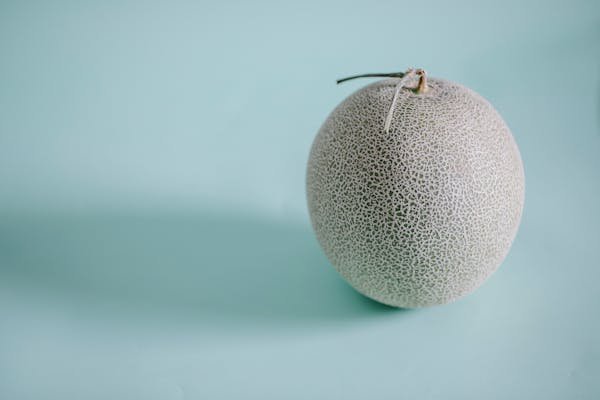Honeydew melon provides potassium, vitamin C, vitamin B6, folate, magnesium, and choline. Vitamin C is the most abundant nutrient, with one cup of balled melon providing 35% of your daily recommended intake (based on a 2,000-calorie-per-day diet).
Honeydew melons have been cultivated for thousands of years and are believed to have originated either in the Middle East, Western Asia, or West Africa. The melon’s origins remain unknown, but records of the melon were discovered in Ancient Egyptian tombs, dating back to 2400 BCE, proving the melon’s ancient existence.
Honeydew is thought to be a Middle Eastern or western Asian native, but the exact origin is unknown. They were cultivated in the Middle East since ancient times and were considered to be a sacred food by the Egyptians because of the sweet, juicy flavor. Honeydew did not reach Europe until the late 15th century.
